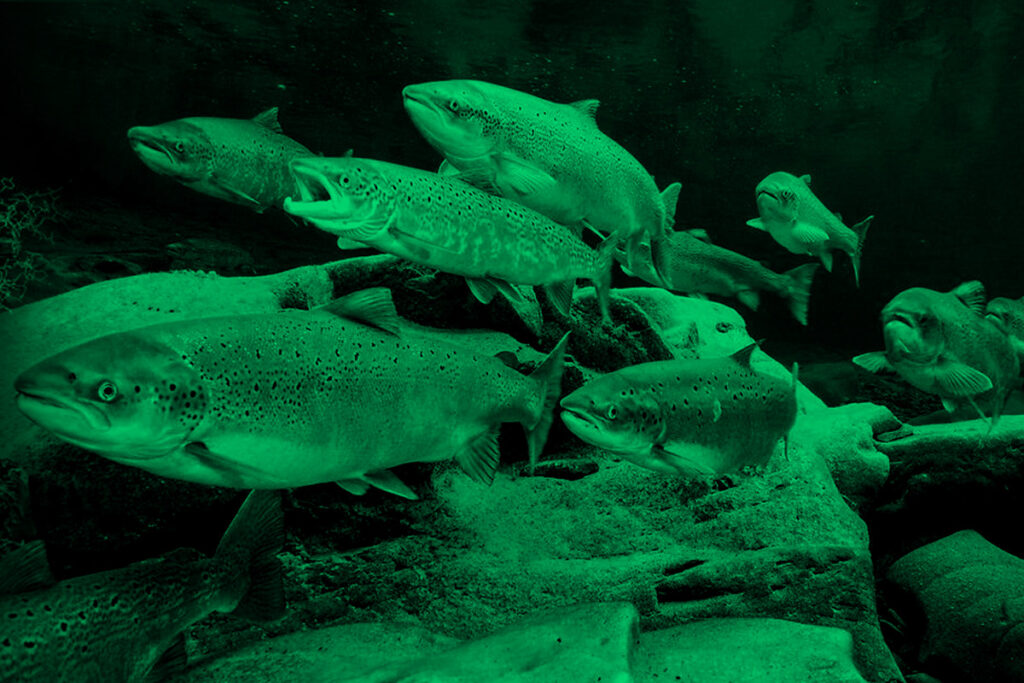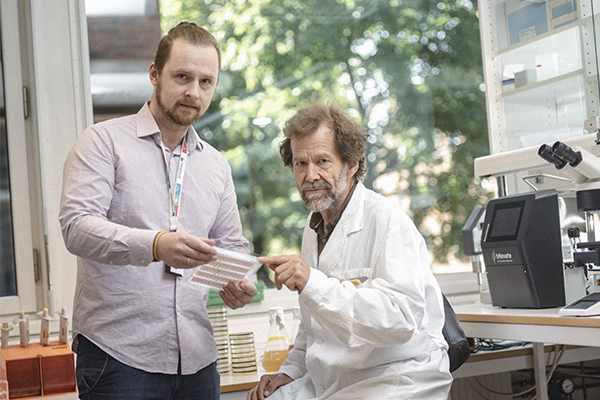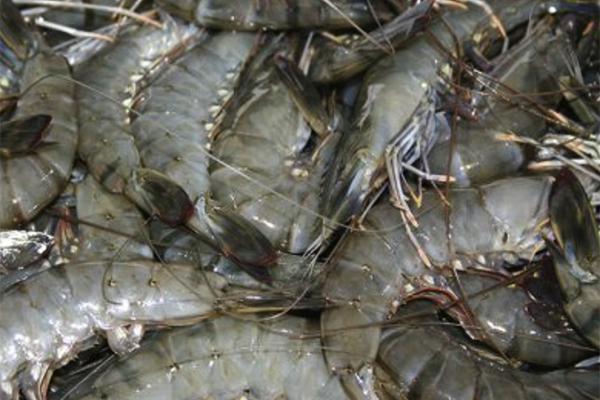Less than 10 percent of seawater salmon farms in Scotland used antibiotics in 2022

A new report by the United Kingdom government indicates that Scotland’s salmon farming companies have reduced the use of antibiotics use by more than 50 percent in one year.
The new Veterinary Medicines Directorate’s Veterinary Antimicrobial Resistance and Sales Surveillance (VARSS) report shows a sharp downward trend, with the 2022 usage of antibiotics in salmon at 18.6 mg/kg, down 24.5 mg/kg since 2021. This followed the challenges of COVID-19 when fish had to be kept in the sea for longer. Protecting the health of larger fish needed extra care, including antibiotics to treat bacterial challenges in some cases.
“Like any medicine, antibiotics are used responsibly, sparingly and only when required in the health and welfare interests of our fish, and only under prescription from licensed veterinarians,” said Dr. Iain Berrill, head of technical at trade body Salmon Scotland. “The requirement to protect our fish from environmental challenges meant a significantly lower level of antibiotics were used in the past 12 months on a very small number of farms.”
Last year, fewer than one in ten seawater farms used antibiotics – meaning most salmon farms did not treat with antibiotics at all. The small number of farms that did so used less than half the amount of the previous year, indicating that the environmental challenges that could be managed through antibiotics had dissipated in 2022.
The amount of antibiotics used last year was only slightly more than when this information was first recorded in 2017.
“As part of our commitment to transparency, we aim to reduce use as low as possible to give consumers full confidence when they enjoy one of the most nutritious and tasty foods we produce in Scotland,” said Berrill.
Now that you've reached the end of the article ...
… please consider supporting GSA’s mission to advance responsible seafood practices through education, advocacy and third-party assurances. The Advocate aims to document the evolution of responsible seafood practices and share the expansive knowledge of our vast network of contributors.
By becoming a Global Seafood Alliance member, you’re ensuring that all of the pre-competitive work we do through member benefits, resources and events can continue. Individual membership costs just $50 a year.
Not a GSA member? Join us.
Author
-
Responsible Seafood Advocate
[103,114,111,46,100,111,111,102,97,101,115,108,97,98,111,108,103,64,114,111,116,105,100,101]
Tagged With
Related Posts

Innovation & Investment
Responsible Seafood Innovation Award finalist AQUIT is pressing for disease management in aquaculture without antibiotics
A feed supplement protein produced by AQUIT in Chile helps farmed salmon ward off disease while improving their overall health and growth.

Health & Welfare
Novel alternatives like bacteriocins take the lead as future antibiotics replacements for aquaculture
Machine learning technology and novel alternatives like bacteriocins are unlocking a new era of tackling disease and antibiotic use in aquaculture.

Health & Welfare
Study finds ‘great potential’ in alternatives to antibiotic use in aquaculture
A review outlines potential alternatives to antibiotic use in aquaculture but says that research funding is needed to advance the technology.

Innovation & Investment
Proteon Pharmaceuticals poised to grow its bacteriophage products for aquaculture
Bacteriophage producer nets €21 million to accelerate the commercialization of its products, which aim to reduce antibiotic usage in aquaculture.



